In the world of professional development, executive coaching and business coaching stand out, guiding individuals and businesses toward growth. At first glance, they appear similar, but dig a little deeper, and their distinct differences become apparent, offering unique paths for varied goals.
Next, we’ll explore these differences, helping you decide which coaching style suits your aspirations best. Let’s dive in, shall we?
Understanding Executive Coaching
Executive coaching focuses on the individual, typically someone at an organization’s senior management or leadership level. It’s a one-on-one partnership that aims to foster personal growth, enhance leadership skills, and ultimately improve organizational impact.
The core of executive coaching lies in its personalized approach. Coaches work closely with executives to identify their strengths, pinpoint areas for development, and tackle personal and professional challenges head-on.
The process is deeply introspective, encouraging leaders to reflect on their management styles, communication skills, and personal effectiveness. This reflective journey promotes self-awareness and equips executives with the tools to inspire and lead their teams more effectively.
Executive coaching empowers leaders to unlock their full potential through tailored strategies and actionable feedback, making it a powerful catalyst for personal and professional transformation.
The Essence of Business Coaching
While executive coaching zeroes in on individual leadership, business coaching takes a broader sweep, focusing on the business.
This type of coaching is ideal for entrepreneurs, small business owners, and sometimes teams who seek to improve their business’s performance, growth, and strategy. The aim is to provide a roadmap for success, covering everything from sales and marketing to operations and employee management.
Business coaching is all about actionable goals and measurable outcomes. It dives into the mechanics of a business, identifying areas for improvement, streamlining processes, and fostering a culture of success. Coaches bring a fresh perspective, often highlighting opportunities and challenges that may not be apparent from the inside.
By fostering an environment of accountability, business coaching helps leaders implement effective strategies, drive growth, and navigate the complexities of running a successful enterprise.
Key Differences Highlighted
Though executive coaching and business coaching aim to foster growth and development, their focuses, methodologies, and impacts significantly differ. Here’s a breakdown of some key distinctions:
Focus Area
- Executive coaching is tailored towards personal development, enhancing an individual’s leadership skills and organizational effectiveness.
- Business coaching, on the other hand, is more holistic, focusing on the business itself: its strategies, operations, and overall performance.
Objectives
- The primary objective of executive coaching is to develop a leader’s ability to inspire, manage, and lead more effectively, thus indirectly improving organizational culture and performance.
- Business coaching aims to improve business performance, scalability, and sustainability, with a clear focus on tangible business outcomes.
Impact Scope
- Executive coaching leads to reflective personal growth, enhancing leadership qualities that influence the broader organizational environment.
- Business coaching targets a business’s operational, strategic, and financial aspects, aiming for immediate and measurable impacts on business success.
Target Audience
- Executive coaching is best suited for individuals in leadership positions or those aspiring to such roles, focusing on personal leadership development.
- Business coaching is ideal for entrepreneurs, business owners, and sometimes entire teams, focusing on improving business strategies and operations.
Outcome Measurement
- Success in executive coaching is often measured by improved leadership effectiveness, team morale, and organizational culture.
- Business coaching success is measured by clear business metrics such as revenue growth, profitability, market expansion, and operational efficiency.
Who Benefits from Each Type of Coaching?
Whether business or executive coaching is right depends mainly on your role and objectives. Executives, senior leaders, and those aspiring to leadership positions will find executive coaching particularly beneficial. It’s designed to refine leadership qualities, enhance decision-making skills, and improve interpersonal effectiveness.
On the other hand, business coaching suits entrepreneurs, business owners, and sometimes teams looking to elevate their business’s performance. It’s ideal for those facing operational challenges, seeking growth opportunities, or aiming to improve their business strategies.
The Impact on Organizational Growth
Both executive and business coaching play pivotal roles in driving organizational growth, albeit through different avenues.
Executive coaching fosters leadership that inspires, motivates, and guides teams toward achieving collective goals. Improved leadership effectiveness often leads to enhanced team performance, innovation, and a positive organizational culture.
Meanwhile, business coaching addresses the strategies and operations underpinning business success. It helps craft a clear vision, set achievable goals, and implement effective strategies to drive growth and profitability.
The synergy between improved leadership and strategic business planning cannot be understated, as both are essential for sustainable success.
Choosing the Right Coach
Finding the right coach is crucial, whether you’re leaning towards executive coaching or business coaching. Looking for a coach with a proven track record, relevant experience, and a coaching style that resonates with you is essential.
A good coach should offer insights and guidance and challenge you to grow beyond your comfort zone. They should be a catalyst for change, helping you to see and achieve your full potential.
When searching for a coach, consider their credentials, testimonials from past clients, and their approach to coaching. A preliminary session can also be a great way to gauge compatibility.
Remember, the relationship between coach and client is pivotal, so finding someone you can trust and work closely with is essential.
Conclusion
Navigating the professional landscape can be daunting, but with the proper guidance, it’s possible to chart a course to success. Business and executive coaching offers two distinct yet complementary personal and professional growth pathways.
By understanding the differences and identifying which aligns with your goals, you can make an informed decision about the right coaching. Whether enhancing your leadership skills or steering your business toward greater success, the right coach can make all the difference. So, let the journey begin.
Read More: Online Business Coach for Entrepreneurs

